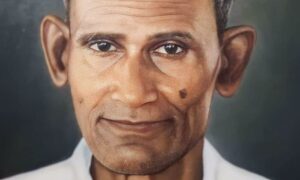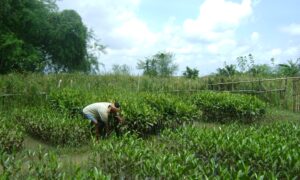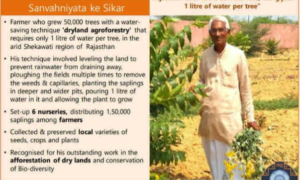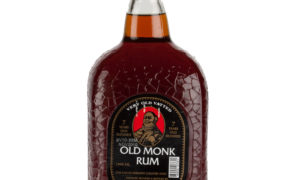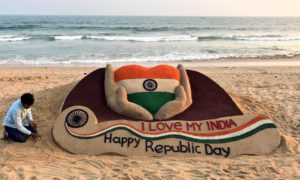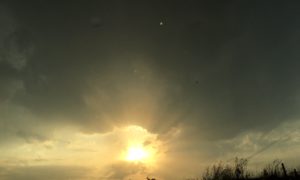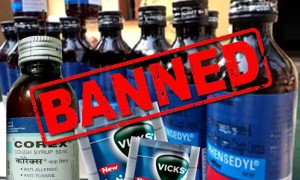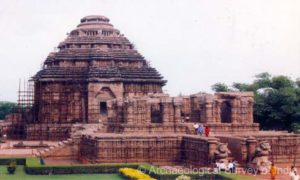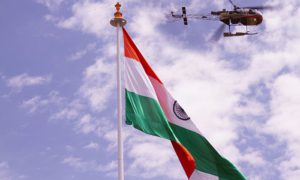Things you may want to know about the RSS!
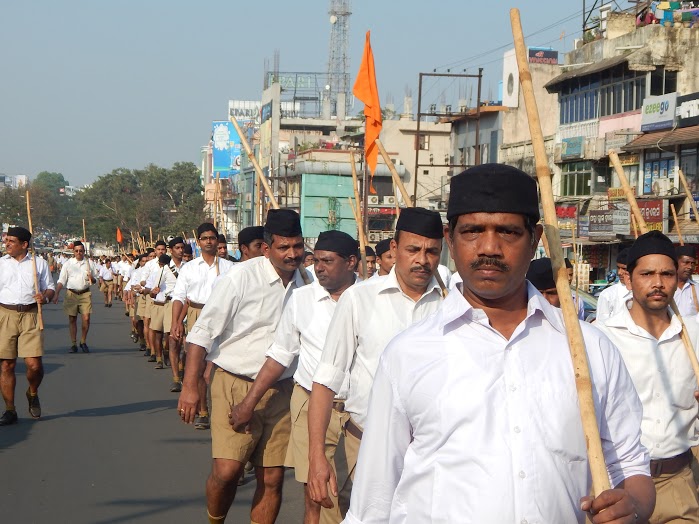
In the recent weeks, RSS is again in the news. Jawaharlal Nehru University Students’ Union (JNUSU) president Kanhaiya Kumar aimed his guns at the RSS during his post-release speech, which made him a “star” (though momentarily) in politics. Congress vice-president Rahul Gandhi has often attacked at the saffron organisation, the self-claimed protector of Hindutva in the country.
 From the days of Gandhiji’s killer Nathuram Godse till date, controversy and scandal have become nicknames of the Rashtriya Swayamsevak Sangh (RSS), the ideological patron of the ruling Bharatiya Janata Party (BJP). If there is a controversial headline, then the news is bound to feature RSS in it.
From the days of Gandhiji’s killer Nathuram Godse till date, controversy and scandal have become nicknames of the Rashtriya Swayamsevak Sangh (RSS), the ideological patron of the ruling Bharatiya Janata Party (BJP). If there is a controversial headline, then the news is bound to feature RSS in it.
In the recent weeks, RSS is again in the news. Jawaharlal Nehru University Students’ Union (JNUSU) president Kanhaiya Kumar aimed his guns at the RSS during his post-release speech, which made him a “star” (though momentarily) in politics.
Congress vice-president Rahul Gandhi has often attacked at the saffron organisation, the self-claimed protector of Hindutva in the country.
Here are 10 things you would like to know about the RSS:
1. The RSS was founded on September 27, 1925, on the day of Vijayadasami in Nagpur by a city-based doctor Keshav Baliram Hedgewar with a small group of less than 10 persons in a view to protecting and propagating Indian (read Hindu) culture and uniting Hindus. 
Four years before forming the organization, Dr. Hedgewar had been slapped with sedition charge by the British and put in jail for a year.
2. Now the organization claims to have over 50 lakh swayamsevaks (volunteers) holding 55,000 shakhas (branches) across the country every day. That makes it the largest non-governmental organization in India.
3. Hedgewar was the first sarsanghchalak (chief) of RSS. There have been six sarsanghchalaks since then. Mohan Bhagwat is the present sarsanghchalak. Till now, the leadership of the organization has been vested in upper caste people, mainly Brahmins.
4. Before Independence, RSS wanted its flag – Bhagwa Dhwaj (saffron flag) – as the National Flag of India in place of the Tricolour. In an editorial in its July 17, 1947, issue, RSS mouthpiece, Organiser, had demanded that the saffron flag should be adopted as the National Flag.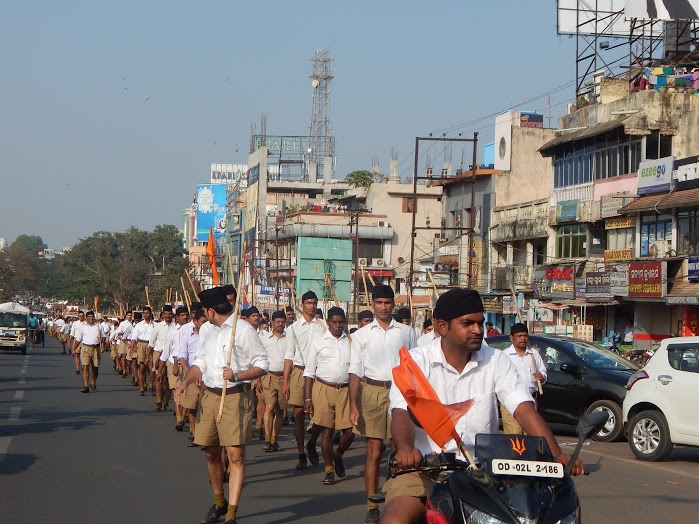
5. RSS was banned once during the British rule, while it has been banned thrice in post-Independence era. The first ban was imposed on the organization by the Punjab Province of British India on January 24, 1947, but lifted four days later.
In Independence India, RSS’ journey into controversies started with the assassination of Mahatma Gandhi on January 30, 1948, when the organization was accused of being behind the killing as Nathuram Godse was its former member.
India’s first Deputy Prime Minister and Home Minister Sardar Vallabhbhai Patel banned the organization on February 4, 1948. Justice Kapur Commission Report on Gandhi’s murder clarified the issue and stated that they have not found RSS or any of its members responsible for the crime.
The ban was lifted four months later after RSS promised to remain non-political and loyal to the Constitution.
When Indira Gandhi government imposed Emergency in the country in 1975, RSS was banned. Thousands of RSS volunteers defied the ban and went to jail.
So solid was RSS’s support to Jayaprakash Narayan’s movement against the Emergency that it was called its “backbone”. The ban was lifted in 1977 after the Janata Party government headed by Morarji Desai came to power defeating Gandhi’s Congress.
RSS was banned again after the Babri Masjid in Ayodhya in Uttar Pradesh was demolished on December 6, 1992. It was accused of masterminding the demolition so that a Ram Temple was built in its place. The ban was lifted within days after no material evidence was found against it.
6. In his final years, India’s first Prime Minister Jawaharlal Nehru reportedly understood the “nationalist” fervour of the RSS cadets and invited them to participate in the 1963 Republic Day parade.
Over 3,500 swayamsevaks dressed in “gana vesha” (RSS uniform of khaki shorts and white shirts) took part in the parade.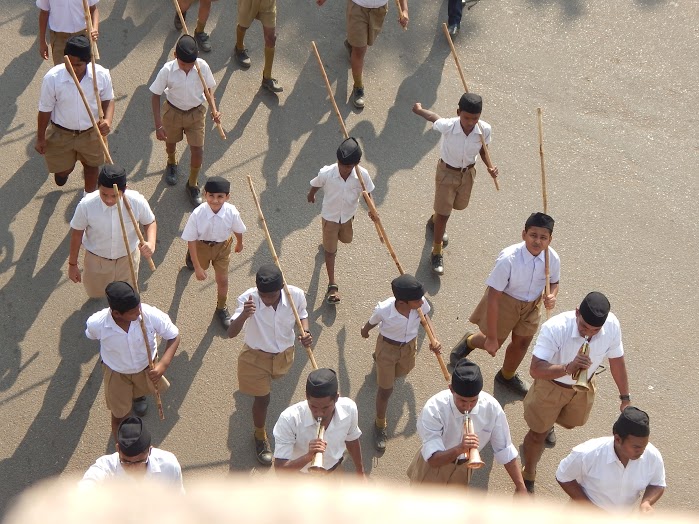
7. During World War II, the then RSS Sarsanghachalak Madhav Sadashiv Golwarkar openly admired German leader Adolf Hitler’s idea of “racial purity” (Hitler ordered progrom of lakhs of Jews in his country to maintain the racial purity of “Aryan” German).
But at the same time, Golwarkar also praised the Jews for strongly guarding their religion, race, culture and language.
8. During the Partition of India following Independence, lakhs of Hindus and Sikhs migrated to India from Pakistan.
RSS volunteers came out to help the displaced Hindus and Sikhs. In 1954, RSS sent cadres to back those fighting for the liberation of Goa, Dadra and Nagar Haveli from Portuguese rule.
During the Bangladesh War in 1971, RSS asked its volunteers to help the administration in maintaining law and order in the country. RSS volunteers often chip in with relief during natural calamities like floods, cyclones, earthquakes across the country and also man-made disasters like the Bhopal gas tragedy.
RSS has earned appreciation for its social service. Loknayak Jayaprakash Narayan termed it a “revolutionary” organization because of its involvement in the Emergency.
Former President Zakir Hussain is said to have commented in 1949 that the allegations of violence and hatred against Muslim were false. 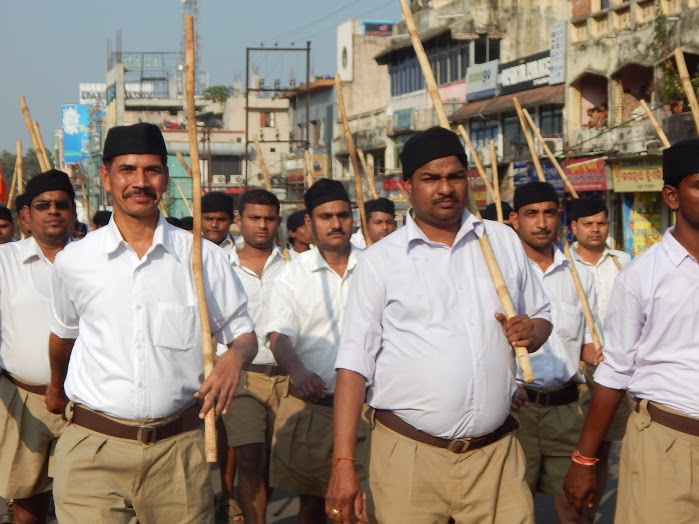
9. But at the same time, whenever there is a riot in the country, RSS is accused of engineering it. A Tehelka magazine investigation had alleged that it was RSS, VHP and Bajrang Dal who were behind the 2002 Gujarat carnage where hundreds of Muslims were killed.
The carnage still remains as a black spot in Prime Minister Narendra Modi’s career.
Quoting a senior VHP leader who was on board the Sabarmati Express during the carnage, Tehelka said: “The Muslims have played a one-day match with us… they have given us a target of 60…we have to win this match at any cost, so don’t stop till you have made 600 runs … Modi gave us a free run to do whatever we wanted … the police was with us.”
RSS was also accused of being involved in the Ajmer Dargah blast of October 11, 2007. Four out of the five suspects arrested by the Anti-Terrorism Squad (ATS) were allegedly from the RSS.
However, one of the accused wrote a letter to the CBI alleging that the then Union Home Minister Sushilkumar Shinde and Congress General Secretary Digvijaya Singh forced him to frame RSS and its Sarsanghchalak Mohan Bhagwat in the case.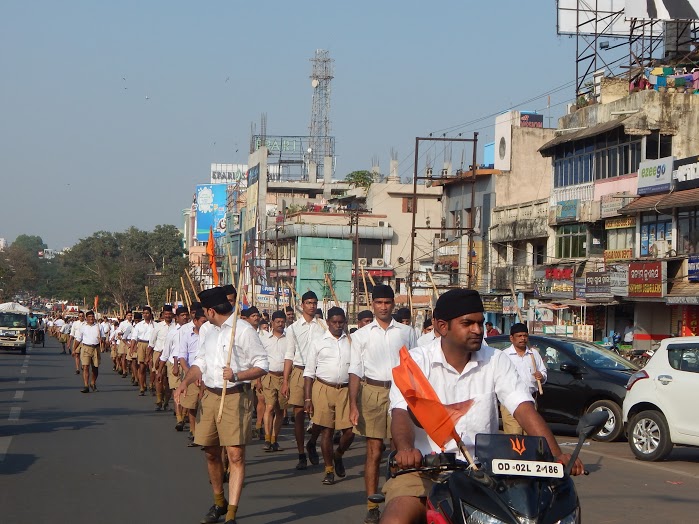
Christian groups accuse RSS of engineering violence against Christians in Odisha’s Kandhamal district in 2008.
10. Bhagwat is known for his controversial statements, especially on women. In 2013, he drew flak from not just women organizations but also from political parties, when he said at a rally that a woman’s duty is confined to doing household chores and satisfy her husband.
Following a high profile gang rape, Bhagwat commented that such crimes occur only in cities, not in villages and that western values were to be blamed for it.
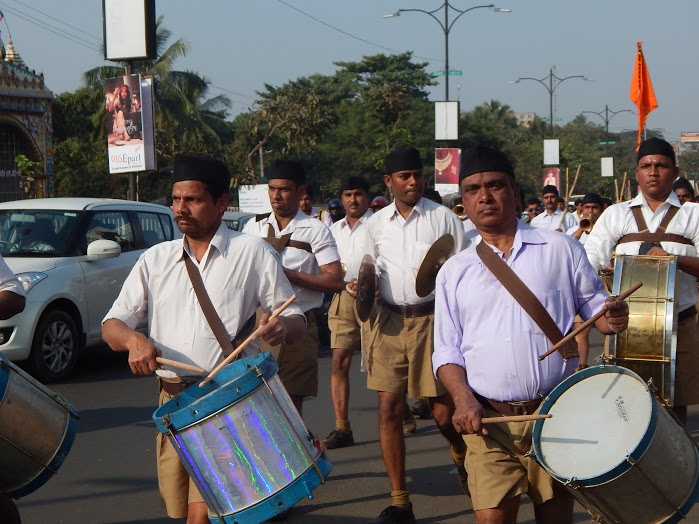
Before the Bihar assembly elections last year, Bhagwat kicked up a storm saying that the reservation policy should be reviewed so as to decide which category requires the reservation and for how long. Many think that BJP lost the elections due to his comments.
Big Wire

